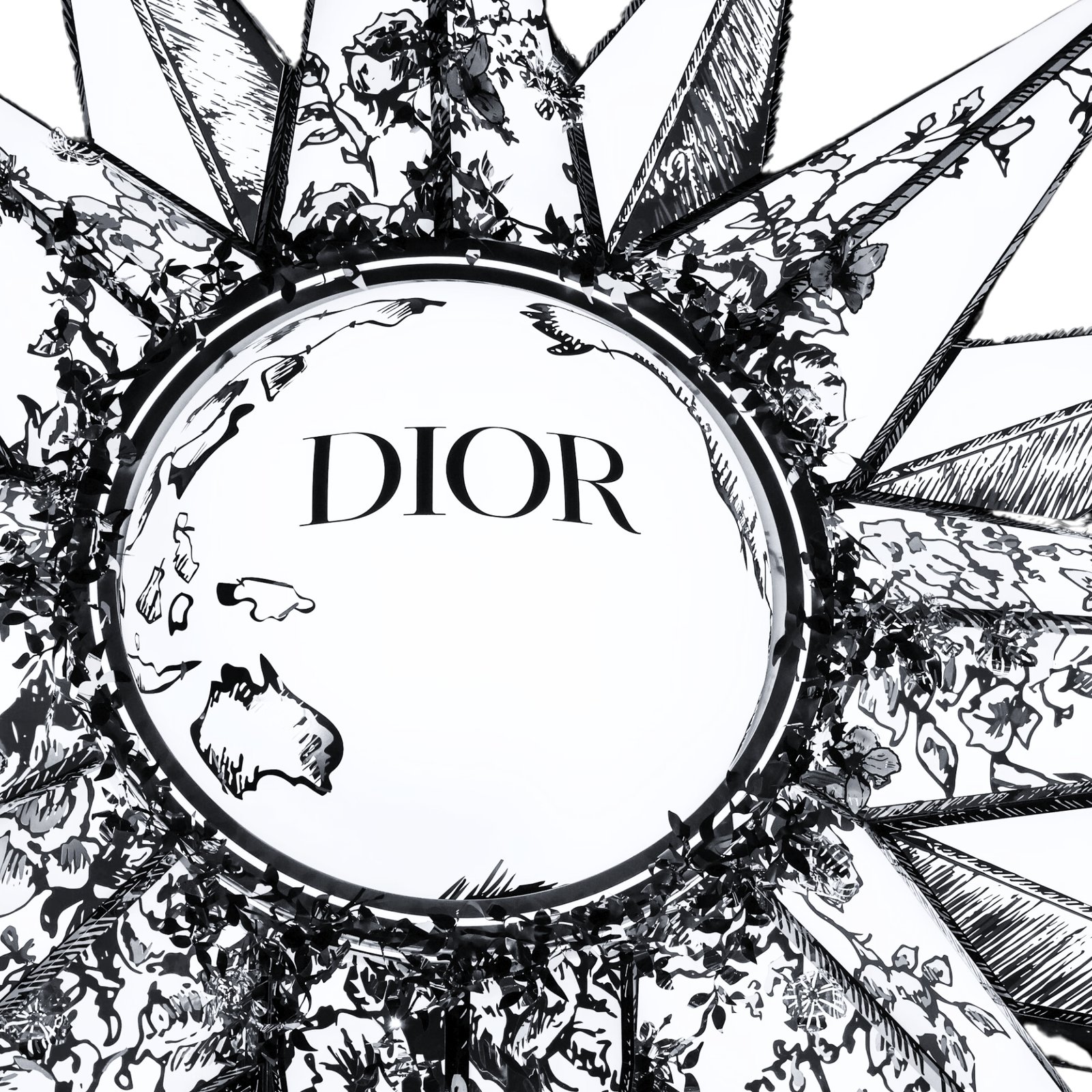Italy’s luxury fashion industry is celebrated globally for its refined craftsmanship and the prestige associated with the “Made in Italy” label. Yet behind this polished image lies a more troubling reality, one that involves the widespread exploitation of migrant labour in the production of high-end goods.
Migrant Workers in Tuscany and Milan
In industrial hubs such as Prato and Milan, a significant portion of luxury manufacturing depends on undocumented migrant workers, many of whom come from countries including Pakistan, China, and Bangladesh. These workers are typically employed by contractors and subcontractors operating on the margins of the formal economy. They frequently endure punishing hours (sometimes up to 14 hours a day) often performing physically demanding tasks for well below the legal minimum wage.
The Role of Subcontractors
This exploitation is closely tied to the subcontracting model widely used in the fashion industry. While subcontracting offers flexibility and cost efficiency, it also distances major brands from direct responsibility for working conditions. As oversight diminishes, the risk of labour abuses increases. Some luxury brands have been known to terminate relationships with suppliers following improvements in labour conditions, suggesting that cost savings continue to outweigh ethical considerations.
Legal Scrutiny and Investigations
Italian authorities have begun to respond. In recent years, prosecutors have placed several companies under judicial administration to ensure compliance with labour standards. Notable cases include Giorgio Armani Operations, Dior’s manufacturing partners, and Alviero Martini. These interventions are part of a broader push to bring greater transparency and accountability to the industry’s complex supply chains.
Exploitation and Profit
Despite the enormous profits generated at the top end of the market, the disparity between brand value and labour cost is stark. Contractors have reportedly been paid as little as €53 to produce a handbag that later retails for more than €2,600, a clear indication of the imbalance between price, profit, and human cost.
Moving Forward
As investigations continue, pressure is mounting on luxury brands to take more responsibility for the conditions under which their goods are made. Proposals recently put forward by the Milan court advocate for stricter rules, improved traceability, and greater transparency throughout the supply chain. These reforms are not merely legal necessities, they are vital to restoring integrity to an industry increasingly under scrutiny.
For luxury brands to retain consumer trust and long-term viability, ethical sourcing and fair labour practices must be treated not as optional enhancements, but as fundamental obligations. The prestige of “Made in Italy” must reflect not only aesthetic excellence, but also respect for those whose labour brings it to life.
References:
Italy: Italian Competition Authority – Investigation launched for alleged unfair commercial practice against luxury companies. Global Compliance News, August 2024.
Italian prosecutors probe supply chain of luxury fashion brands. Reuters, June 2024.
How migrant workers suffered in crafting luxury Italian labels. Reuters, September 2024.
